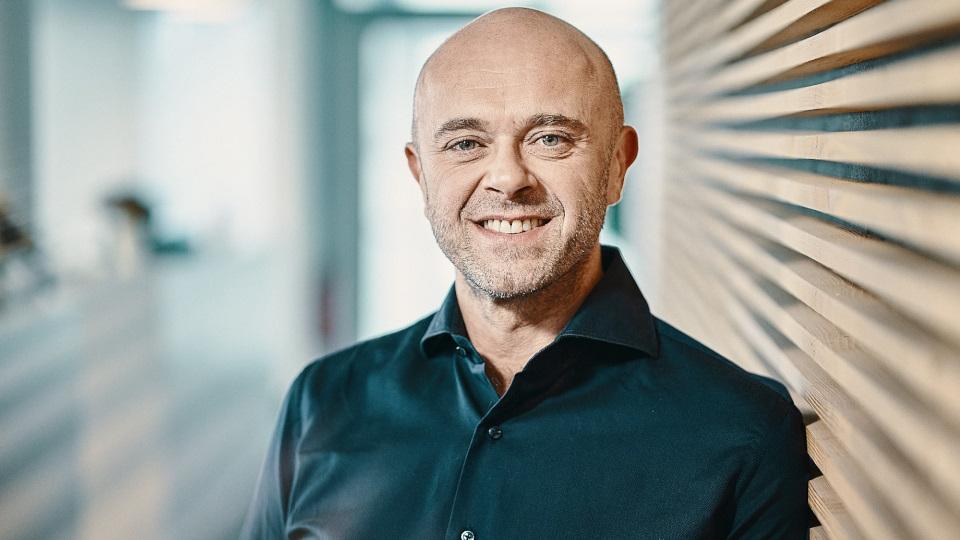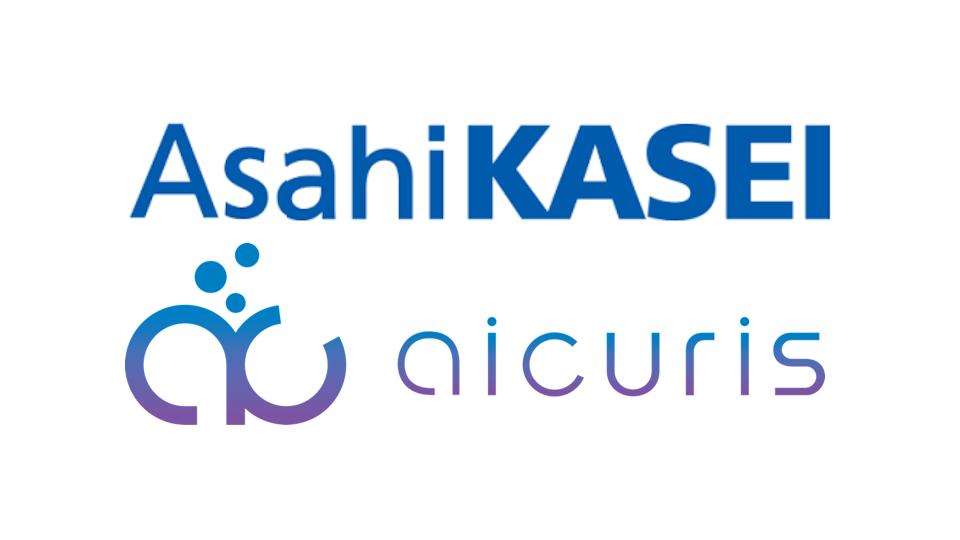Alfasigma to buy Galapagos’ JAK drug for up to €170m

Galapagos has signed a deal to jettison its troubled JAK inhibitor drug Jyseleca, agreeing to sell the rights to rheumatoid arthritis and ulcerative colitis therapy to Italy’s Alfasigma SpA in a deal valued at up to €170 million plus royalties.
Terms outlined in the letter of intent would consist of a €50 million upfront payment and potential milestones of €120 million, with Alfasigma in line to pay mid-single to mid-double digit royalties on European sales. Galapagos would also pay up to €40 million over the next couple of years to Alfasigma in return for Jyseleca (filgotinib) development activities.
If concluded, the deal will see Alfasigma take over the marketing authorisations for the JAK1 inhibitor in the EU and UK and absorb approximately 400 Galapagos employees involved in commercial, medical and development activities for the drug.
Once billed as a future blockbuster and rival to big-selling JAK drugs like Pfizer’s Xeljanz (tofacitinib), Jyseleca was hit by a series of setbacks, including a decision by the FDA to reject it as a rheumatoid arthritis therapy in 2020, over concerns it could damage male fertility.
Shortly afterwards, former partner for the drug, Gilead Sciences, abandoned efforts to get US approval and paid Galapagos €160 million to take over various clinical trials and hand back rights to the drug in Europe. The programme has also suffered from failed studies in follow-up indications, including immune system disorders, lupus and Sjögren’s syndrome, as well as Crohn’s disease.
Jyseleca was at the heart of a $5 billion-plus R&D alliance between Gilead and Galapagos, signed in 2019, that has steadily contracted since then as a result of Jyseleca setbacks as well as other failed programmes, including idiopathic pulmonary fibrosis (IPF) therapy ziritaxestat, the flagship programme in the alliance.
Sales of Jyseleca, meanwhile, have been small, at €54 million in the first six months of 2023 and with a cost on sales of almost €8 million. Galapagos recently reduced its forecasts for full-year sales of the drug to €100-€120 million from €140-€160 million after deciding not to progress with European filings for Crohn’s and a Swiss application for ulcerative colitis.
The Alfasigma deal adds to a healthy cash pile at Belgium-based Galapagos and will also contribute to a cost-reduction drive aiming to slash its annual expenses by €150 to €200 million a year, with another 100 jobs set to go at the company.
For privately-held Alfasigma, meanwhile, the deal is further evidence of its plans for international expansion, coming just a few weeks after it negotiated a deal to buy Intercept Pharma and its Ocaliva (obeticholic acid) therapy for primary biliary cholangitis (PBC) for around $800 million.
“We believe this will benefit both companies and ensure that Jyseleca will continue to be available to patients who can benefit from it,” said Alfasigma’s chief executive, Francesco Balestrieri.













